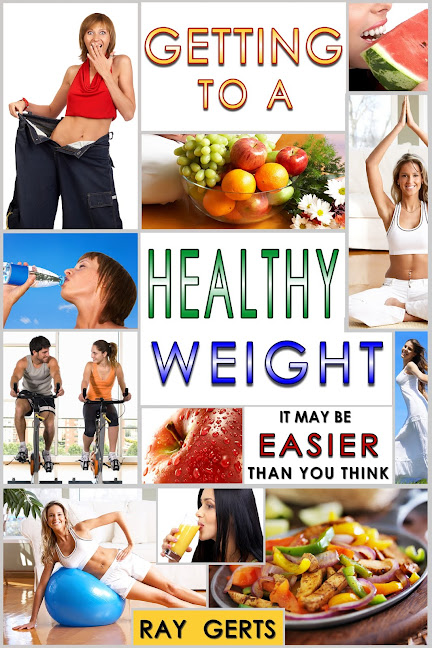New research on healthy eating has found that home cooking is better than restaurant fare, and that kids who are offered more nutritious food in school cafeterias rarely eat it.
In the study on meals, researchers found that people who eat the most home-cooked ones end up eating healthier and consuming about 130 fewer calories daily, on average, compared to other people.
When people cook most of their meals at home, they consume fewer carbohydrates, less sugar and less fat than those who cook less, or not at all — even if they are not trying to lose weight. Researchers found that those who cooked dinner six to seven times a week ate an average of 2,164 calories daily, while those who ate out the most, cooking dinner no more than once a week, consumed an average of 2,301 calories per day. That might not sound like much, but multipled times 7 si over 900 calories saved in a week.
The study, based on an analysis of national survey data from 2007-2010, will be published online in the journal “Public Health Nutrition”.
Obesity is an escalating public health problem that contributes to other serious health issues, including diabetes, high blood pressure and heart disease. The evidence shows people who cook at home eat a healthier diet. Moving forward, it’s important to educate the public about the benefits of cooking at home, identify strategies that encourage and enable more cooking at home, and help everyone, regardless of how much they cook, make healthier choices when eating out.
Remember when eating out, restaurants make food that taste good, which doesn’t mean it’s good for you. The best change for the consumer, that has recently happened, is the calories will now have to be listed on menus starting next year in all the restaurant chain of more than fifteen locations.
In the other study, the researchers, also from the Bloomberg School, reported that most kids put vegetables on their school lunch trays, but only one in four actually eats any. We have been thinking that if young children choose healthy food, they will eat it. But our research shows that is not necessarily so. I’m not surprised, I have 4 grandchildren and little kids don’t eat vegetables. When they’re in a highchair they don’t know any better, but by the time they’re three my grandkids won’t eat anything green.
The findings are based on an analysis of 274 New York City kids in grades K-2 who were observed by researchers during a single lunch period.
Almost 60 percent chose vegetables, but only 24 percent actually ate them. Meanwhile, kids were more likely to finish their food if their teacher ate with them, and distractions appeared to make a difference in consumption of healthy food.
As much as we are focused on menus in the school lunch program, we need to look more at our cafeteria environments, especially with our youngest children. We can give kids the healthiest food possible, but if they don’t have time to eat it or they are distracted by how noisy the cafeteria is, they’re not going to eat.
Personally, I believe it’s not only the food choices that need to change in the school cafeterias, it’s food preparation and the menu items. There’s a hundred ways to prepare corn. Just because the kids aren’t eating the corn doesn’t mean they don’t like corn. It just means they don’t like the way they made the dish with corn.
Nutrition is very important to our health. Students don't know enough about making healthy choices and "why should they". Most of our health problems stem from the food we eat. Or maybe I should rephrase that. Most of our health problem stem from not eating the right foods. Real food will give you the nutrition you need if your buying fresh foods. Manufactured foods usually stripe out the nutrition in the processing and then have to add back chemical nutrients to supplement their product. Sounds ok, right? Not really artificial nutrients won't be absorbed the same way as the nutrients in fresh produce. You can buy fresh produce in the open bins at your grocery store. But you have to eat them everyday because your body uses them everyday.
We eat out a lot today, everyone does. The problem comes from the fact that in restaurants we order the food we like to eat, rather than the food we should eat. Eating healthy foods is the key to a healthy life.
My book will give you a lot of tips on diet, exercise, and how to stay healthy.
Look for my podcast by searching “How Bad Do You Want to Lose Weight” on the podcast app that you use. You’ll see a piece of my book cover.
If you really want to lose your body fat look for my e-books at the websites listed below. You’ll get information on Healthy eating, exercise, and diet. Instead of spending hours on the internet reading dozens of posts, you can save time by picking up one of my e-books.
There are two e-books. “How Bad Do You Want to Lose Weight?” is available at all the online bookstores s
elling for $3.99. Go to any of the websites below and search the title to find my e-book. This book gives you all you need to lose weight without spending money on gym memberships, diet plans, or meal plans. Look for my book. at Amazon.com, bn.com, iBooks, Kobo.com, Scribd.com, or Gardner Books in the U.K.
My new e-book is available on Smashwords.com and other online bookstores. Just type “getting to a Healthy Weight” in the search box at the top of the home page.






